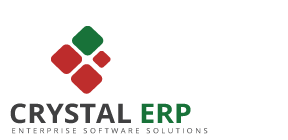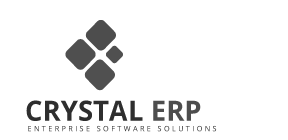Cloud systems have progressed from being the latest buzzword, to being an integral part of our day to day personal and working lives, changing the way we communicate not just with our loved ones, but our colleagues and business partners too. But more importantly, it’s changed the way in which we work, and this is especially important for those working in the HR and Payroll sectors.
Quipped by some HR professionals as the “next generation of HR” – cloud based HR and payroll software is where the industry is heading: for forward thinking HR and Software professionals that have already begun to embrace this technology that future is already here. But there is a problem of SME businesses being slow to connect to the cloud and harness the technology as a means to carry out their departments operations. It is, in many ways, a bizarre direction for the sector: it’s key to remember that HR has been quite responsive in embracing technology for many years- especially in the last decade or so, as automation has become more and more commonplace in areas such as performance management and learning and development. Furthermore, if there is one sector of business that attracts the greatest number of motivational speakers, consultants, life coaches, leadership experts, authors in best practice who impassioned about sharing their experience with you so you can (insert snappy get the best out of your business with my new fad /trend here), its HR – therefore you’d think they’d be the first to latch onto a new trend.
Perhaps they’ve grown wary of them and now move with caution, but the point here really is that businesses and HR professionals are still lagging behind when it comes to adapting to the cloud in a way that could prove detrimental to their businesses development potential to expand – primarily because of wariness about costs, but also because of fears over security too.
The first fear can be easily addressed – many providers of HR and payroll software packages offer the ability to “try before you buy” by offering free or discounted trials. Cloud technology is also beneficial for its efficiency – rather than buying an expensive package with applications that you won’t need, but will need to spend large amounts of money and time maintaining and updating – investing in a cloud system means that you only pay for and retain those parts of the system that you’ll actually be using. Moreover investing in an HR package has positive repercussions for the whole business by e-enabling many elements of HR operations from recruitment and inductions to database and performance management – it makes sense for the whole business (especially for those living in areas or countries where tax codes are now in real time).
The second fear around security is a legitimate concern, and one that comes with most advances in technology. There are risks, but these are the same risks that come with any shared platform. But if we consider that HMRC have transferred the nation’s data and payroll processes to cloud systems, then we should in part be rest assured that the cloud offers advanced security benefits. Cloud services are run from off-site providers, as such offer much more complex, higher protective measures against attacks and hacking than standard security systems, and as such your data and information is safer in the cloud. Simply asking the right questions to the agencies when setting up your cloud service provider will also aid in working towards ensuring data security.
Perhaps most crucial of all though is the leveraging power that cloud technology gives to SME businesses. Once upon a time the case was that only businesses of a certain size could afford to invest in technology to effectively manage databases and key areas such as performance, meaning that smaller businesses would miss out on the benefits that such technology brings, but the cloud evens the playing field, as it gives SME business access to technology that would have previously been unaffordable.


Leave a Reply
You must be logged in to post a comment.